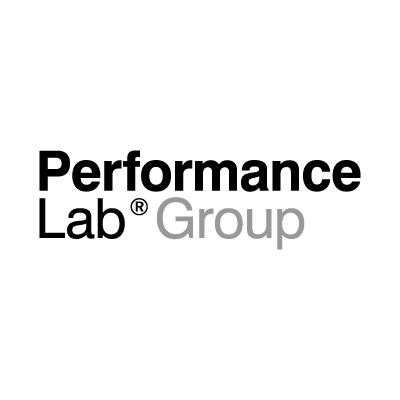

Performance Lab Group Ltd

Warwickshire, United Kingdom
August 2023
Food products
Wholesale/Retail
United Kingdom
Performance Lab is engineering the future of healthy living. Developing the world’s most effective health supplements, functional foods and drinks. Using only premium-grade research-backed ingredients. Always 100% plant-based (vegan certified) and produced to the highest clean label standards. Then third-party tested for maximum purity and potency. Helping all kinds of people from all walks of life unlock their full potential and live happy, healthy, productive lives. This accessible, convenient approach to high quality nutrition has seen the company grow a loyal community of high performers around the world. One of the core principals of Performance Lab is sustainability. From sourcing eco-conscious ingredients; to operating low-impact manufacturing processes; to packing products in post-consumer recycled (PCR) plastic and shipping in recyclable materials. As well as supporting worldwide efforts to clean up plastic waste from our oceans. Performance Lab is committed to providing the highest quality nutrition in the most convenient possible formats. Without costing the earth.
Overall B Impact Score
Governance 16.2
Governance evaluates a company's overall mission, engagement around its social/environmental impact, ethics, and transparency. This section also evaluates the ability of a company to protect their mission and formally consider stakeholders in decision making through their corporate structure (e.g. benefit corporation) or corporate governing documents.
What is this? A company with an Impact Business Model is intentionally designed to create a specific positive outcome for one of its stakeholders - such as workers, community, environment, or customers.
Workers 24.1
Workers evaluates a company’s contributions to its employees’ financial security, health & safety, wellness, career development, and engagement & satisfaction. In addition, this section recognizes business models designed to benefit workers, such as companies that are at least 40% owned by non-executive employees and those that have workforce development programs to support individuals with barriers to employment.
Community 17.2
Community evaluates a company’s engagement with and impact on the communities in which it operates, hires from, and sources from. Topics include diversity, equity & inclusion, economic impact, civic engagement, charitable giving, and supply chain management. In addition, this section recognizes business models that are designed to address specific community-oriented problems, such as poverty alleviation through fair trade sourcing or distribution via microenterprises, producer cooperative models, locally focused economic development, and formal charitable giving commitments.
Environment 19.2
Environment evaluates a company’s overall environmental management practices as well as its impact on the air, climate, water, land, and biodiversity. This includes the direct impact of a company’s operations and, when applicable its supply chain and distribution channels. This section also recognizes companies with environmentally innovative production processes and those that sell products or services that have a positive environmental impact. Some examples might include products and services that create renewable energy, reduce consumption or waste, conserve land or wildlife, provide less toxic alternatives to the market, or educate people about environmental problems.
Customers 3.6
Customers evaluates a company’s stewardship of its customers through the quality of its products and services, ethical marketing, data privacy and security, and feedback channels. In addition, this section recognizes products or services that are designed to address a particular social problem for or through its customers, such as health or educational products, arts & media products, serving underserved customers/clients, and services that improve the social impact of other businesses or organizations.